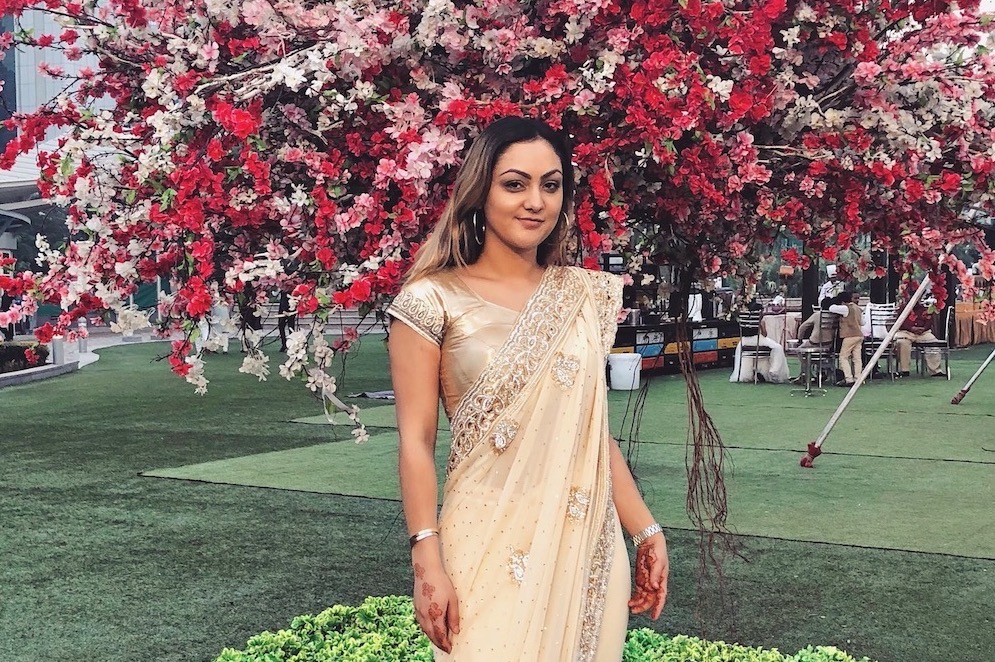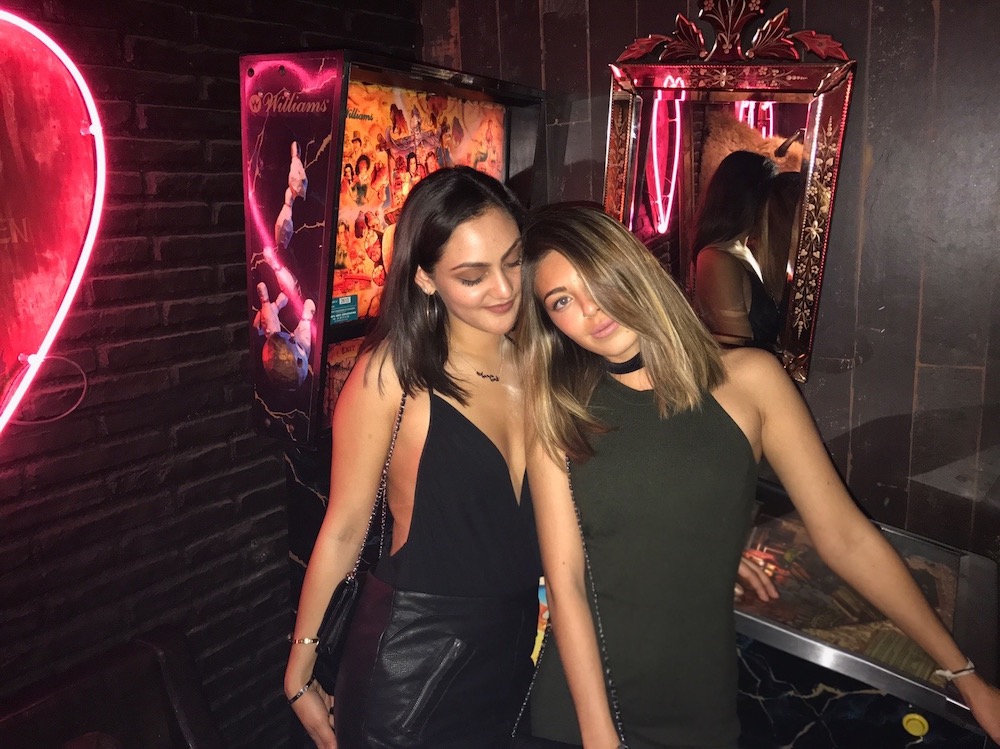Ethnicities of AUP: Farah Amber

What is your home country?
My home country is the Netherlands because I was born and raised there.
Where is your Mom from? Where is your Dad from?
"My Mom is Dutch and my Dad is from Suriname, which is a country that was colonized by the Dutch, but he has Indian origins. His grandfather was from there, so my Dad was born in Suriname and then he moved to Amsterdam when he was four years old."
Did they have different views on religion or politics? How did that affect you?
"My Dad is Surinamese-Indian, and Muslim. My Mom doesn’t really follow a religion. When they met, they had different views on religion, but they made it work. My Dad is not very religious, but his family wanted him to marry someone of their own religion."
"Since my Dad is not religiously strict himself, they were able to make it work. I was not raised under a strictly religious household, this made it weird when we had to go to with my Dad’s family because they rigorously practice religion. We had to wear scarves during certain family events. But during the day, we don’t do anything Muslim related. We don’t practice Ramadan."

Farah with her parents and brother at Christmas.
Image Credit: Farah Amber
Do you have family in both countries?
I do not have much family in Suriname. All of my family, on both sides, are in the Netherlands.
What is it like having two completely different languages and cultures in your family?
My Dad speaks Dutch all the time. He also speaks in Sranan Tongo, but he never taught us. When I visit my paternal grandma, she speaks Dutch, but not too well, so there’s a bit of a language barrier in that sense. I do think that since I’m from a different background, I was raised in a specific way that made me more open-minded.
Do you think the backgrounds affected your upbringing? Do you relate more to one culture than another?
Yes, I was raised with an open-minded outlook. Because I see both sides of two different cultures. I don’t fully belong to one culture. So, I’m somewhere in the middle and I’m actively observing each culture, so I can understand them from an outsider’s perspective. There’s always a case in situations when I’m on one side of the family and on another side of the family. I don’t know which culture I relate to more. There are parts of me that are very Indian, and there are other parts that are very western and Dutch.
Image Credit: Farah Amber Farah with her Mom's part of the family.
Do you feel like you have learned different things that people with a single nationality have not?
Yes, I have. I lived abroad in Dubai, for my father's work, has a part in it. But especially if you have different cultures, I do feel that you learn more about the world in general than if you have only one culture. You become a more global citizen, in a way.
What is your favorite part of each culture?
What I love about my Dad’s family is that it is huge. My Dad has five sisters and two brothers, and they all have at least three kids, so I have an insane amount of cousins, which I love. Indian culture is really family oriented, which is nice. Then from my Dutch side for example in Holland, we have Sinterklaas which is like the Dutch Santa Claus. It is celebrated on the fifth of December instead of the 25th. That is something that I celebrate with my Mom’s family a lot.
Image Credit: Farah Amber Farah with her Dad's part of the Family
How has having two different backgrounds helped you living in Paris? And at AUP?
Its helped me better integrate myself into Parisian culture because I know what it’s like to live in a different culture since I’m used to experiencing different cultures. That’s made it easier for me to immigrate to Paris. At AUP, I really like the diversity and me being part of this diversity. You relate to people that are multicultural. I just immediately have a connection with people that are multicultural, because of our similar experiences of having two cultures or not fully being part of one. People that don’t belong to a specific culture, like we do, form our own international culture in a way.

Image Credits: Chanet Smith. Farah and Chanet, and AUP student who is half Taiwanese half American.
Do you identify with more people from different backgrounds like you at AUP?
Yes definitely. It makes you connect more to each other because you’ve been through the same things, so you form your own culture in that sense.





